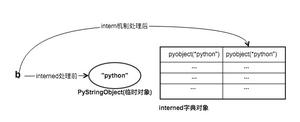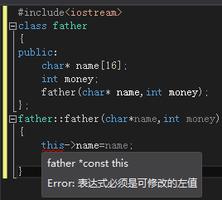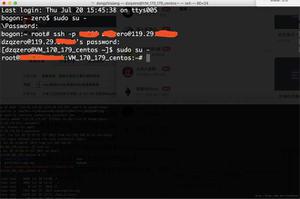Python cookbook(字符串与文本)在字符串的开头或结尾处进行文本匹配操作
本文实例讲述了Python在字符串的开头或结尾处进行文本匹配操作。分享给大家供大家参考,具体如下:
问题:在字符串的开头或结尾处按照指定的文本模式做检查,例如检查文件的扩展名、URL协议类型等;
解决方法:使用str.startswith()和str.endswith()方法
>>> filename='spam.txt'
>>> filename.endswith('.txt')
True
>>> filename.startswith('file:')
False
>>> url='http://www.python.org'
>>> url.startswith('htto:')
False
>>> url.startswith('http:')
True
>>>
若同时针对多个选项做检查,只需给函数startswith()和str.endswith()提供包含多个可能选项的元组即可:
>>> import os
>>> os.getcwd()
'D:\\4autotests\\02script\\pythonbase'
>>> os.listdir()
['foo.py', 'hello.txt', 'Makefile', 'spam.c', 'spam.h', 'test1.py']
>>> filename=os.listdir()
>>> filename
['foo.py', 'hello.txt', 'Makefile', 'spam.c', 'spam.h', 'test1.py']
>>> [name for name in filename if name.endswith(('.c','.h'))]
['spam.c', 'spam.h']
>>> any(name.endswith('.py') for name in filename)
True
最后,当startswith()和str.endswith()方法和其他操作(比如常见的数据整理操作)结合起来时效果也很好。例如,下面的语句检查目录中有无出现特定的文件:
>>> os.getcwd()
'D:\\4autotests\\02script\\pythonbase'
>>> os.listdir()
['foo.py', 'hello.txt', 'Makefile', 'spam.c', 'spam.h', 'test1.py']
>>> if any(name.endswith(('.txt','.py')) for name in os.listdir(os.getcwd())):
print('文件存在')
文件存在
>>>
(代码摘自《Python Cookbook》)
更多关于Python相关内容感兴趣的读者可查看本站专题:《Python数据结构与算法教程》、《Python函数使用技巧总结》、《Python字符串操作技巧汇总》、《Python入门与进阶经典教程》及《Python文件与目录操作技巧汇总》
希望本文所述对大家Python程序设计有所帮助。
以上是 Python cookbook(字符串与文本)在字符串的开头或结尾处进行文本匹配操作 的全部内容, 来源链接: utcz.com/z/324374.html









